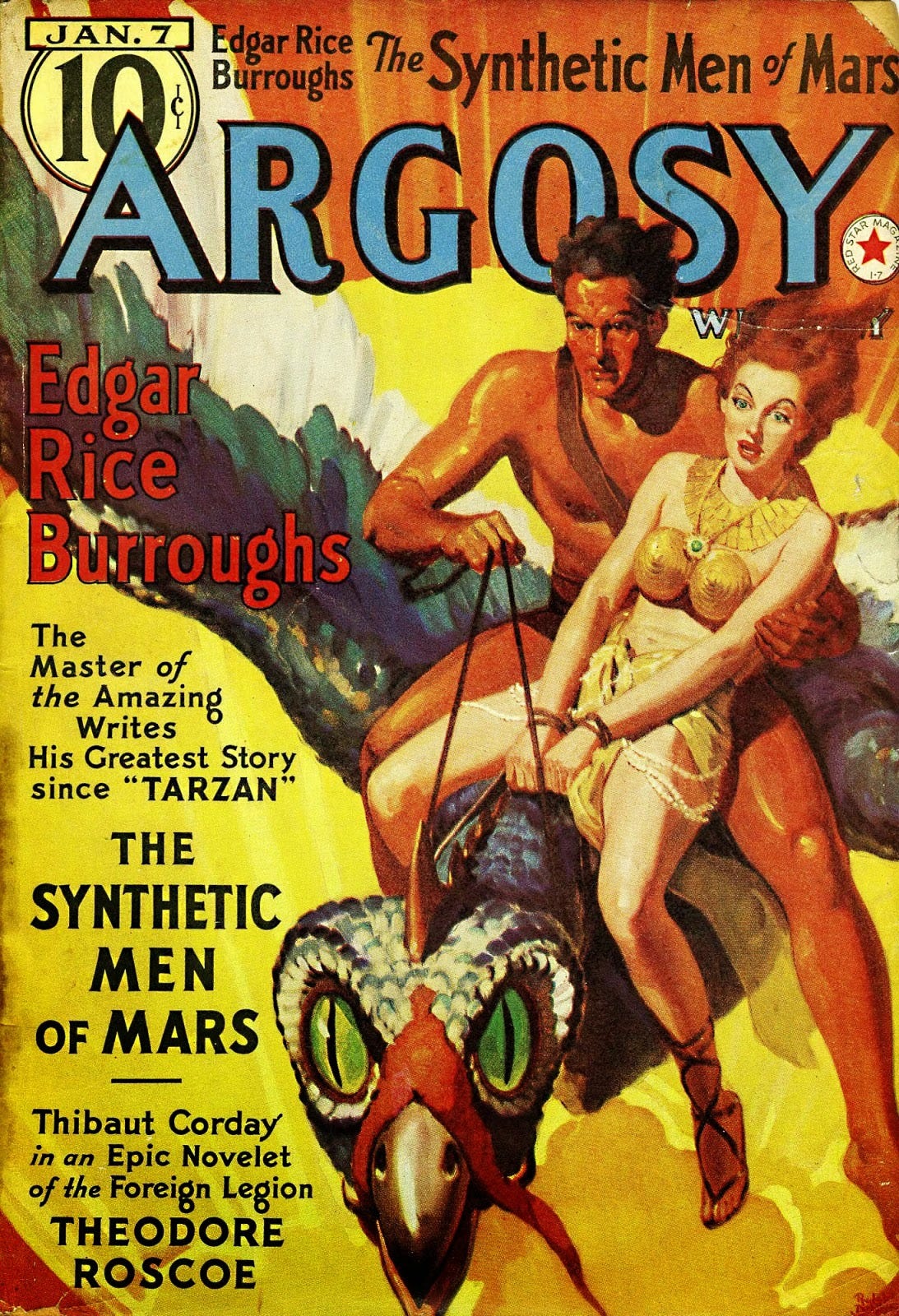TLP Week in Review, 1/14-1/20
Your weekly summary of what we've been up to here at The Liberal Patriot.

What We’re Reading (and Watching and Listening To…)
“Iranian-backed groups raise threat of drawing U.S. into a wider Middle East conflict”: In this segment for PBS NewsHour, Carnegie Endowment for International Peace analyst Karim Sadjadpour argues that Iran has had a consistent strategy since 1979. “And there's essentially three pillars to that strategy. Number one, Iran is intent on evicting the United States from the Middle East. Number two, they're intent on replacing Israel with Palestine. And, number three, they want to help defeat the U.S.-led world order.”
“Keir Starmer's New Year speech”: Ahead of a massively important U.K. general election this year, Labour Party leader Keir Starmer laid out the party's economic and social goals but also promised a less corrupt and divisive form of politics:
I grew up working class, so spare me the self-serving excuses, they just won’t wash. This ends now. Nobody will be above the law in a Britain I lead. But with respect and service I also promise this: a politics that treads a little lighter on all of our lives. Because that’s the thing about populism, or nationalism, any politics fuelled by division. It needs your full attention. It needs you constantly focusing on this week’s common enemy. And that’s exhausting, isn’t it? On the other hand, a politics that aspires to national unity, bringing people together, the common good, that’s harder to express, less colourful, fewer clicks on social media. And, in some ways, it’s more demanding of you. It asks you to moderate your political wishes out of respect for the different wishes of others. 45 million voters can’t get everything that they want, that’s democracy.
“The Truth About Banned Books”: There is so much baloney about “banned books.” This piece by James Fishback in The Free Press is a very useful corrective to the usual culture war hysteria around the issue. Included: actual facts about what's in (and what isn't) school libraries!
Robert Oppenheimer: A Life Inside the Center: If author Ray Monk’s biography is any indication, director Christopher Nolan’s film Oppenheimer got a lot of things right about his subject and those around him. Two main things Nolan’s masterpiece got wrong: it probably understates the extent of Oppenheimer’s brief but intense pre-war commitment to Communist politics and overstates his post-war opposition to the development of the hydrogen bomb.
Live at St. Pancras Old Church London December 2013: Galaxie 500 and Luna luminary Dean Wareham recently re-released on vinyl a crack performance at this historic church in London, home of the iconic Beatles photo shoot from 1968. The sound is phenomenal on songs across his career with a particularly sharp version of Jonathan Richman's "Don't Let Our Youth Go to Waste"—a Galaxie classic.
In the Court of the Crimson King: King Crimson’s 1969 debut remains the greatest prog rock album ever.
What We’ve Posted
“Stabbing Ukraine in the Back” by TLP senior managing editor Peter Juul.
“Could Immigration Hand the 2024 Election to Trump?” by TLP politics editor Ruy Teixeira.
“What is the Positive Vision for Biden’s Second Term?” by TLP executive editor John Halpin.
“How America Can Use Sports Diplomacy to Promote Human Rights in the Gulf” by George Washington University graduate student and State Department Pathways Intern Clara Sherwood.
“Everything You Ever Wanted To Know About the Immigration Mess” by TLP contributor John B. Judis.
“Kitchen Table Populism is Up for Grabs” by Rural Urban Bridge Initiative communications director Erica Etelson.
Ruy’s Science-Fiction Pulp Cover of the Week

Just one more thing…
It’s never aliens: former Pentagon UFO investigator David Kirkpatrick pours an ocean’s worth of cold water on the notion that there’s any substance at all to the recent hype surrounding so-called unidentified aerial phenomena (UAPs): “In many respects, the [UAP] narrative is a textbook example of circular reporting, with each person relaying what they heard, but the information often ultimately being sourced to the same small group of individuals.”






